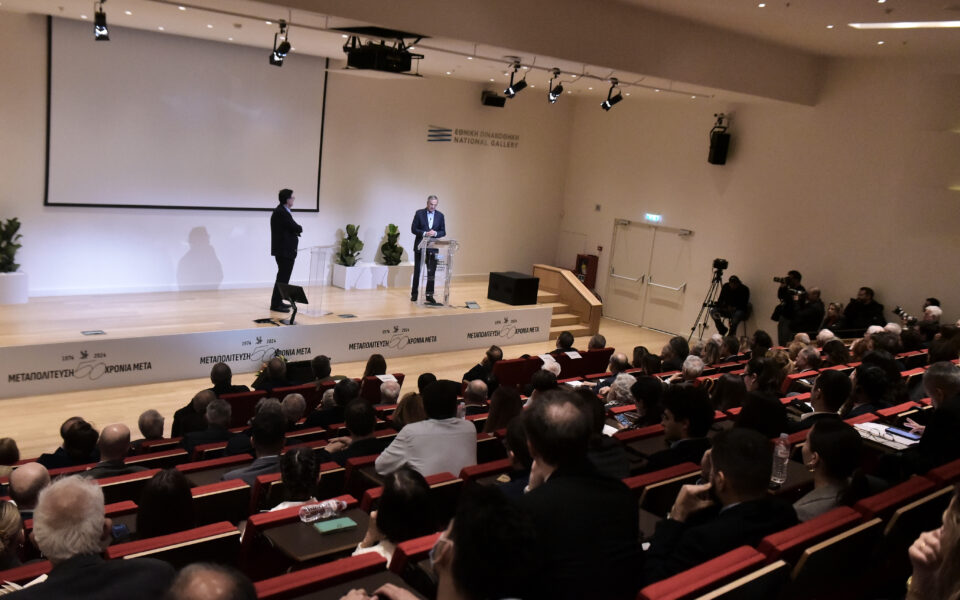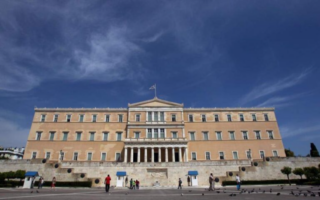Lessons from the Metapolitefsi

Is Greece’s transition to democracy, a historical process known as the “Metapolitefsi,” complete? What are the legacies and hangups left behind, 50 years after the collapse of the military dictatorship? The debate on these and many more questions has started, and it needs to carry on, if for no other reason than to separate myth from reality. We owe it to ourselves and to younger generations for whom the term “Metapolitefsi” may not mean very much at all. We saw as much in the poll by Pulse commissioned by Kathimerini, which illustrates the different points of view between Greeks who experienced the transition as it unfolded, and those who have seen it at work only during the economic crisis. Younger generations, for example, seem to take democracy for granted and value it less than their elders.
I have realized over the past few days that for my own and older generations, the term “Metapolitefsi” is laden with significance, and that when we speak about it, we sound a lot like our fathers and grandfathers, who knew what rock-bottom tragedy looks like. When we’d complain about the state of the country or express frustration with the time it was taking for certain changes to take place, their response would be: “Don’t say such things. We have experienced war, occupation and civil war, and we know how low the country can reach.”
At the risk of sounding like our grandfathers, therefore, it is important to shed light on what this country has accomplished these past 50 years. Without ever forgetting that the Metapolitefsi began with the loss of half of Cyprus, it was the first significant period without military movements or war. But it was also a time that saw us divided, go bankrupt and passionately opposed to Europe and the West. Nevertheless, the country stayed on track, mainly thanks to Konstantinos Karamanlis and his decision to get Greece into Europe’s safe waters.
Teaching them history is not enough to convince younger generations of the importance of these past 50 years; it is essential, but it is not enough. To begin with, we need to listen to them carefully, and then we need to convince them, in tangible ways, first that democracy contains the qualities that the country which gave birth to it deserves, and, second, that it is essential to the country’s prosperity. And this at a time when democracy is under threat everywhere – including in Europe and America – and when powerful leaders are on the wrong side of history.
There are times when we hasten to declare the end of the Metapolitefsi, possibly laboring under the misconception that by doing so we can, as if by magic, make all the problems that remain unresolved disappear. There is another argument too. With so many threats looming on the horizon, both regional and global, perhaps this is not the best time to declare the end of a period that has been defined by stability and democracy. After all, the fear has always been that this period of relative calm will end with a bang, with a big accident. It almost happened already, so there’s no need to flirt with disaster. We need ambitious goals and a new narrative, but in the meantime, let’s appreciate what we have accomplished these past 50 years.





